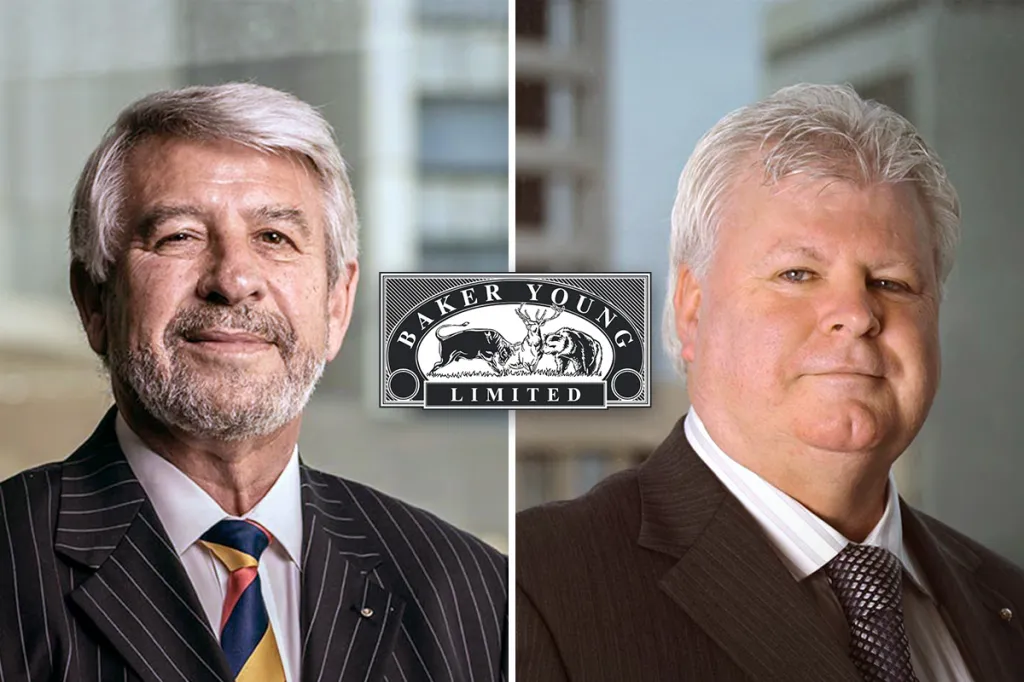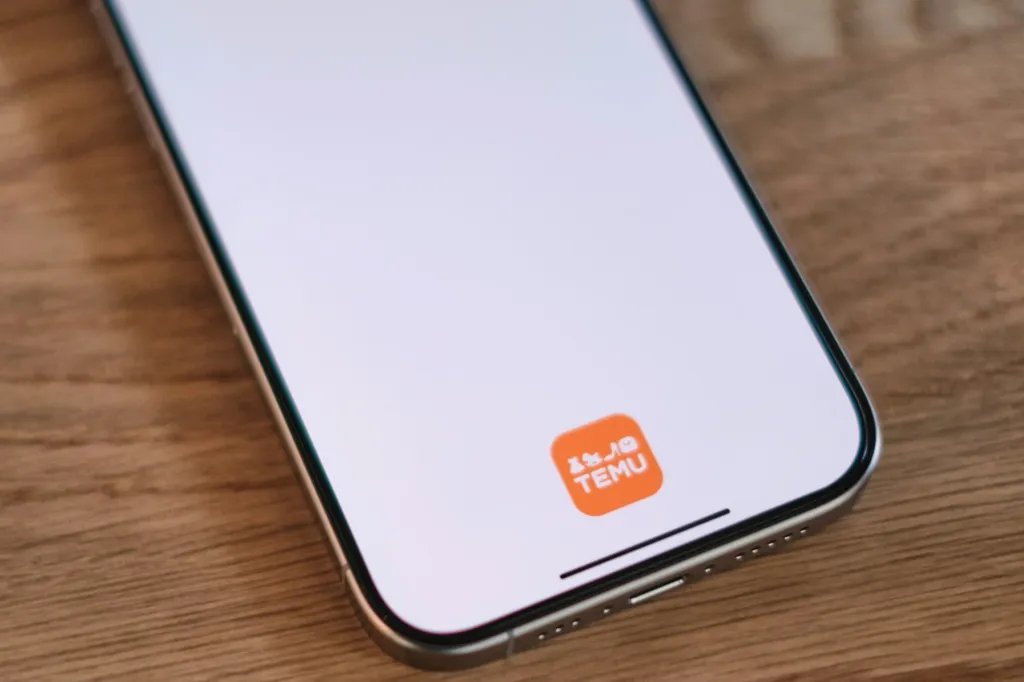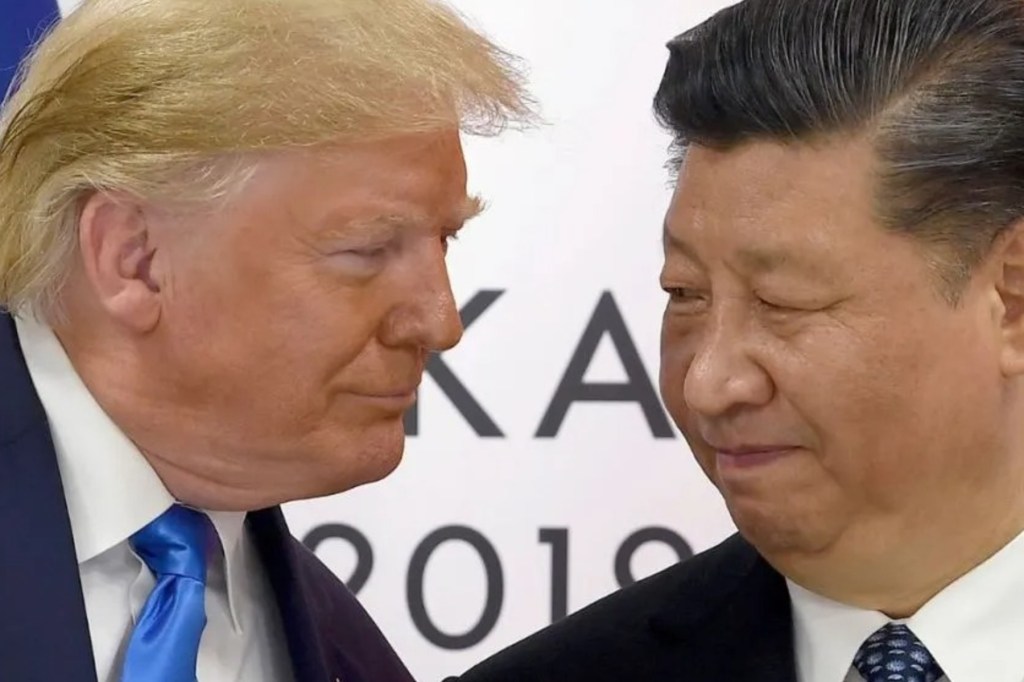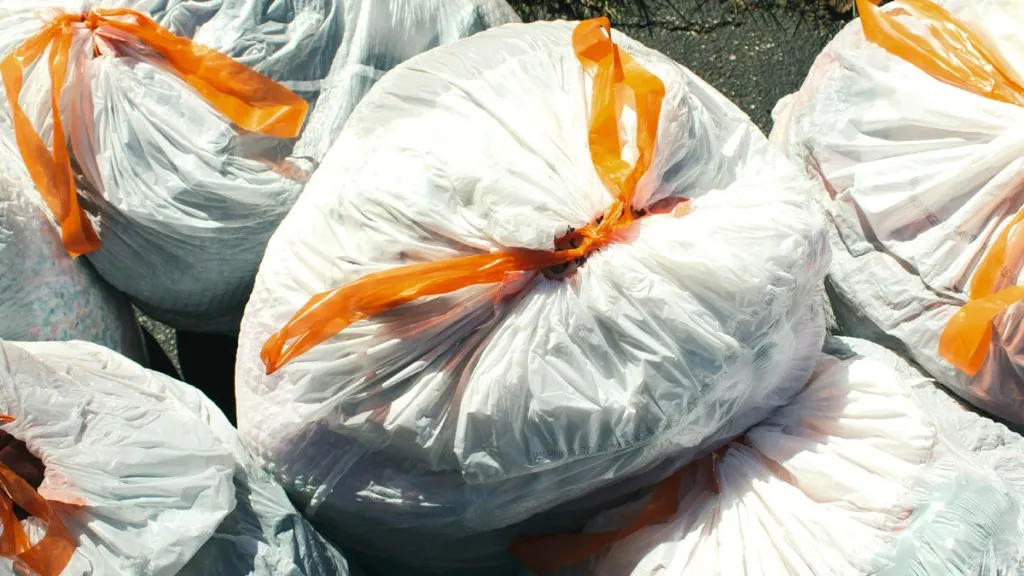10 minutes with… Fivecast co-founder Duane Rivett
Founded in 2017, Adelaide-based global intelligence firm Fivecast has experienced massive growth – with its workforce expanding from 20 to more than 140, and its physical footprint to the US and the UK. Business Insight spoke with co-founder and VP of strategic growth Duane Rivett about Fivecast’s ambitions and what the future holds for the AI-enabled company.
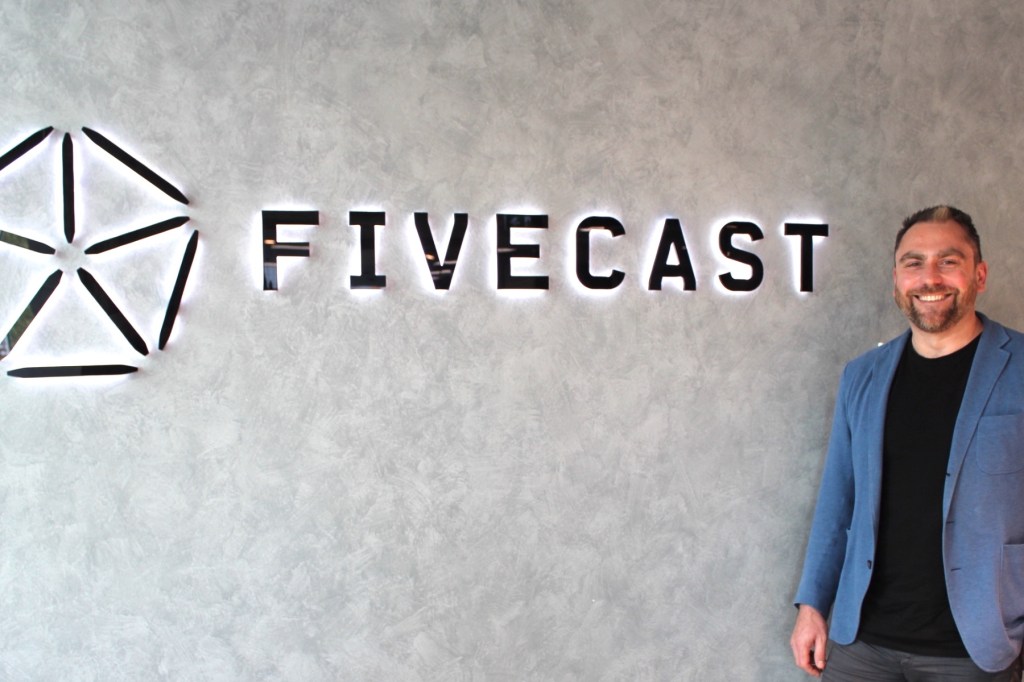
You’ve had some pretty incredible growth over the last seven years. What was that like and what were some trends that fuelled the success of Fivecast?
We were spun out of a research centre called the Data to Decisions CRC, a cooperative research centre that brought together most of Australia’s national security agencies to solve big data problems. Most of the technology we started developing within the research centre which wound up at the end of July 2019. The Fivecast founders raised $4 million from Main Sequence Ventures and the South Australian Venture Capital Fund, and we used that funding to get moving. We were successful in an accelerating commercialisation grant and we also went through the Australian Centre for Business Growth.
At the time back in 2019 we were under 20 people, and we’ve grown to 140 people in the following five years. A lot of that team has been in the central team here [in Adelaide]. We set up the Canberra office, we set up the US office, we set up a London office.
Initially, when we started the company, it was mainly a technical company and Brenton Cooper – our CEO – and I were on the operational side of the business: sales, operations, finance. Then we had the technical team which was making and deploying software. Over the years we’ve really had to expand and bring in experts. We spent a lot of time acquiring experts to run these core functions. Now my current role is VP of strategic growth – focusing on how we’re going to grow into the future. What new markets are we going to address? And at the same time, our product portfolio has expanded.
The other things we’ve done is we’re the first Australian company to secure a Defense Innovation Unit (DIU) project and we secured US$8.8 million to develop a new capability for the US Department of Defense. We worked on that for about 18 months and we were successful in delivering on that project and now we’ve deployed that capability in the Australian Department of Defence as well.
Then last year we raised another US$20 million from a Silicon Valley-based investor called Ten Eleven Ventures. Our seed investors Main Sequence and SAVC also reinvested in that next round of funding, so they’re continuing to invest with us.
Last year was particularly dry in terms of funding rounds, so getting that must’ve felt even better.
Yeah, it was a difficult time to raise money, but I think everyone’s always prepared to invest in the right type of business, and we’ve continued to grow. We don’t just use our investment, we obviously have significant revenues. We’re on a path to profitability as well. So right now we’re investing for growth, and one of the key things we’re doing at the moment is pushing into the financial crime and insurance space.
We provide technology to national security agencies to fight big world problems like terrorism and transnational organised crime. We sell that capability to national security agencies around the world, chiefly in Australia, the US, the UK and other Five Eyes countries. We’re now expanding into the financial crime space – so there are synergies. Within banks there are financial crime units which will investigate things like anti-money laundering and terrorism financing, and so in the way that national security agencies are using our products to understand extremist networks or terrorist networks online, a bank is using it too but with a slightly different use case.
You might like
Are these new clients for you?
It would mean the clients are the big banks. Banks are regulated – they have money laundering and counterterrorism financing regulations. If they see suspicious transactions they then need to report to the regulator. In Australia that’s AUSTRAC. A bank has an onus to report suspicious transactions to AUSTRAC and we would help them investigate.
What’s the global market for this sort of service?
Pretty large. Some of the big banks in the UK would have over 1,000 investigators.
And you’re looking at a global market with what you’re trying to offer, not just Australian banks?
The initial focus would be the big banks in Australia, the big banks in the UK and the US.
You went from 20 staff to 140 in the space of four years, essentially. Were there any major growing pains?
I think the biggest growing pain in general is when you have one person doing a task in the company they can do it in their own way. When you have multiple people doing that same task in three different geographies and three different time zones you want to have consistency. So it’s about driving that consistency. That means you need to start implementing processes and procedures.
We need to keep in mind that the US team’s working day is when we’re asleep, so another complication is the time zones. When you’re managing people on multiple time zones obviously you can’t micromanage, you can’t be in all the meetings, so you have to have really solid reporting as well – consistent reporting.
Especially from a sales point of view, we need to understand what our revenues are now, what our pipeline is, what our projections are moving forward, and have a consistent and reliable way to know how much money we can actually forecast growth. What I mean by that is, when you have a revenue forecast and an expenditure forecast, you have to manage them to ensure that you’re not incurring too many expenses.
I guess that’s the difference between being a startup and a larger company.
Yeah, exactly. You have to hire good people that you trust obviously and then set them clear goals and trust them to deliver on those goals. Then there’s a transition as a founder, doing it yourself, to hanging it over to somebody else and trusting that they’ll deliver, and then them reporting to you how they’re performing.
Stay informed, daily
How long did it take for you to get used to that?
It takes a little while, but as you hire good people you have to trust that they can probably do it better than you did because when you’re a founder you’re doing what needs to be done. A key part of it is to hire good people and empower them to develop the process around how they run their department and then it’s your job to sit back and set the goals and the strategy moving forward.
You’re also using AI. When you started, was it a hot topic?
We’ve sort of been built out of an AI company – AI has always been our DNA.
I think the key part of AI for us especially is it’s not about the AI making decisions, it’s the AI helping to enhance the analyst. For example, if you’re looking for certain images, we collect and analyse information from the surface, deep and dark web – that can obviously be a huge amount of content (text, images, videos) and the analysts could sit there and watch all the videos and look at all the images and read all the posts, but where we use AI is AI can help find what somebody’s looking for and flag that content. It might be extremist iconography, quoting from certain manifestoes, etc.
The AI can enhance. The AI is not making a decision. The AI is flagging information that is of use to the analysts. So that’s how we use AI.
To contrast that, we don’t use black box AI, we use explainable AI. Black box AI means you don’t have much visibility into the inner workings of the AU or how the decision was made. We essentially use ethical AI and have ethical AI principles and use AI model cards that define how the AI was built, how it was trained and what the limitations and biases of that AI might be so the user can understand the limitations of it.
That must be extremely important for the work you’re doing as well, to be able to know the reasoning behind the decisions that are happening behind the scenes.
Yeah. When we did our DIU projects we worked with the Department of Defense to make ethical AI guidelines. Obviously, there needs to be strong governance around AI. You want the AI to help filter and focus information that goes to an analyst rather than making a decision or making a call.
AI is only going to get better. Is that just going to enable you to move faster or will it mean new products and services from Fivecast?
We are expanding our service offering at the moment. I mentioned some of the new markets we’re going into; I think the new AI will allow more of that and, hopefully, it’ll get more and more accurate. But you don’t want to get to the point where you’re too reliant on the AI making the decision.
What I find interesting is that you use AI to combat the ‘bad guys’, but they’re probably using it too. Do you come up against that?
I think the closest might be in things like foreign interference, but it’s something we’re keeping an eye on. Foreign interference and election interference are big issues and where AI might come in is things like the use of bots to proliferate certain messages and echo certain ideas. I think that’s where we really need to be careful and that’s where technology could potentially identify where there is foreign influence through bot networks.
There’s obviously a proliferation of online scams that are happening at the moment and these things are getting more and more sophisticated, more annoying, and I think we have to be cautious and diligent when it comes to those things.
You deal with some pretty hectic stuff. Do some of the things that you’re working on keep you up at night?
No. I think it’s quite inspiring actually. It’s our mission to enable a safer world. It’s really interesting to be able to work with some of the customers we work with to help combat some of these big, wicked problems.
